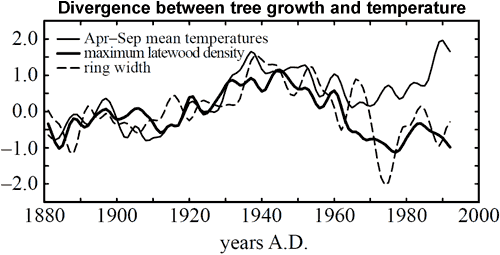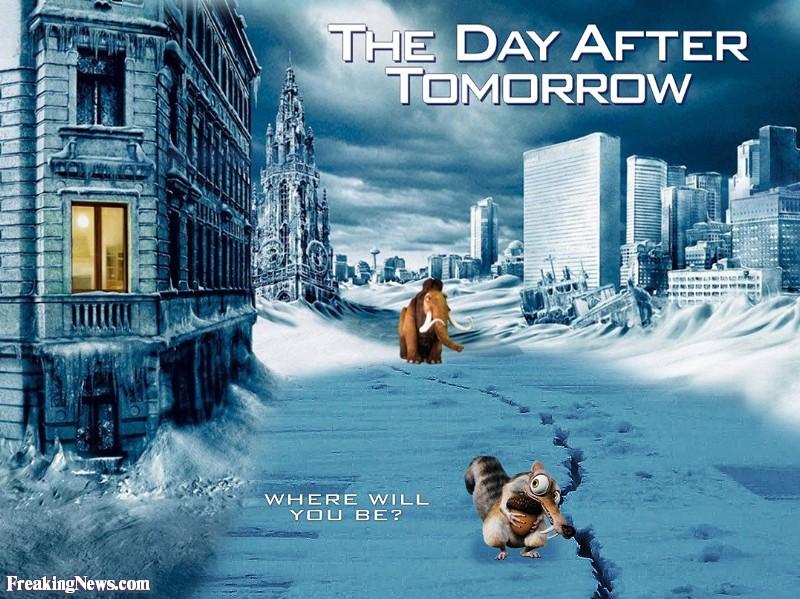Basically a "little ice age", which had happened periodically throughout human history. One particularly longer one occurred around 800AD and may have caused farmlands in Scandinavia to become frozen solid for most of the year, leading to very poor agricultural yields. The various clans and tribes making up the Vikings, who were actually experienced farmers, livestock ranchers and town builders, suddenly found themselves facing potential starvation during this time and this may have caused them to take to their ships and recultivate a fearsome maritime warrior tradition, raiding and settling other parts of Europe for food, animals, and farming land. This little ice age ended around 1066, right around the Norman conquest of England. By the time the armies of the First Crusade had captured Jerusalem, the entire northern hemisphere had started warming up unprecedentedly, up to 15%... And the 1100s to the 1340s saw some of the most bountiful harvests in Europe. Incidentally, another little ice age plunged the north lands into a partial deep freeze unfit for long term agricultural cultivation around 1345 or so, and that could have been one of the motivations for the English king Edward I to suddenly declare war on and invade France around the same time...

 electroverse.net
electroverse.net





